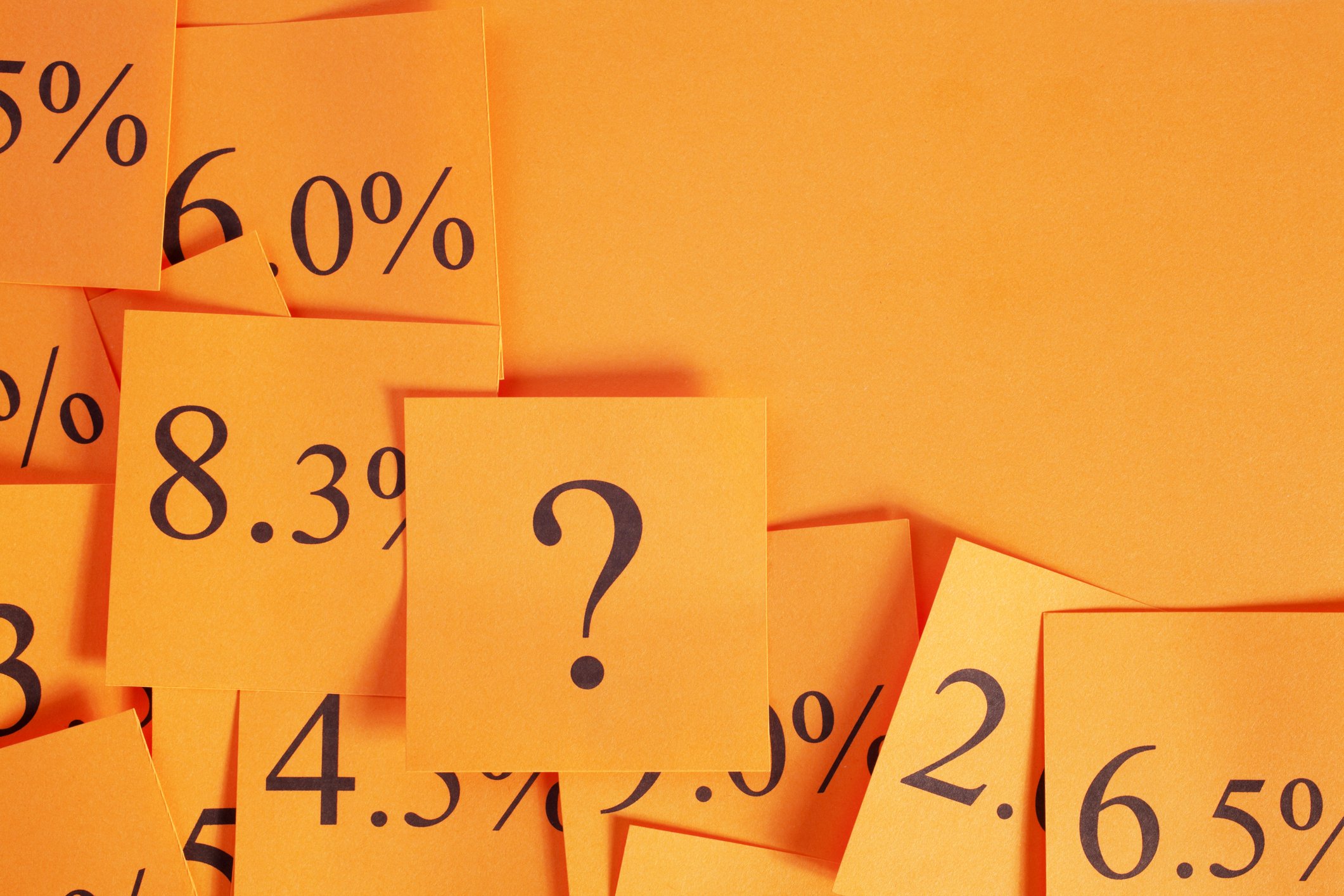Debit vs. Credit Cards: What’s the Real Difference?
Introduction
When you open your first bank account or start managing your own money, one of the first choices you'll face is whether to use a debit card or a credit card—or maybe both. They may look almost identical and swipe the same way, but they work very differently under the surface.
So what is the real difference between a debit card and a credit card? And how do you know which one is right for you? Let’s break it down.
What Is a Debit Card?
A debit card is directly linked to your bank account. When you use it to buy something—whether that’s a smoothie, a train ticket, or a new pair of shoes—the money comes straight out of your current account, usually within seconds.
There’s no borrowing involved. If there’s £50 in your account and you try to buy something for £60, your payment will either be declined or trigger an overdraft, which is a form of short-term borrowing that can lead to fees or interest charges (unless you have a student account or agreed limit).
Key Benefits:
You can only spend what you have, which helps avoid debt.
No interest or monthly bills.
Good for managing day-to-day spending and budgeting.
Downsides:
Less protection if something goes wrong with a purchase.
Not ideal for booking things like hotels or rental cars.
Overdrafts can be costly if not managed carefully.
What Is a Credit Card?
A credit card, on the other hand, is a way of borrowing money from a credit card provider (usually a bank). When you spend with a credit card, you’re not using your own money right away—you’re using the bank’s money, and you agree to pay it back later, either in full or in instalments.
Each month, you’ll get a statement showing how much you’ve spent and how much you owe. If you pay the full amount by the due date, you won't be charged interest. But if you pay late or only pay part of it, you’ll start accruing interest, which can add up fast.
Key Benefits:
Helps you build your credit score, which is important for future loans or renting a flat.
Offers stronger fraud protection, especially for online shopping or travel bookings.
Some cards offer rewards, cashback, or travel perks.
Downsides:
Easy to overspend and fall into debt.
Interest rates can be high if you don’t pay off the balance.
Missed payments can damage your credit history.
“Learning the difference between debit and credit early helps teens avoid common financial mistakes and build long-term habits that lead to financial success.”
So, What’s the Real Difference?
Here’s the core difference:
A debit card uses your own money from your bank account.
A credit card uses borrowed money that you have to pay back later.
It’s that simple—but the way this plays out in real life can have a big impact on your finances.
When Should You Use a Debit Card?
Debit cards are a smart choice for:
Everyday spending, like buying food, catching the bus, or getting a haircut.
Situations where you want to stick to a tight budget.
Avoiding debt completely—if you’re worried about overspending, debit helps you stay in control.
Since you’re only spending what you actually have, there’s no risk of building up debt or interest charges. But be aware: if your account goes into overdraft, that’s a form of borrowing too.
When Should You Use a Credit Card?
Credit cards are most useful when:
Booking travel—flights, hotels, or rental cars often require a credit card.
Shopping online, especially for expensive items, where credit card protection can help if something goes wrong.
You want to build your credit score over time, which will help when applying for loans, mortgages, or even mobile contracts.
You’re confident you can pay it off in full every month—this avoids interest and makes the most of any perks.
But if you struggle with budgeting or tend to overspend, a credit card can quickly become a financial headache.
Do Debit Cards Affect Your Credit Score?
No, using a debit card won’t affect your credit score at all—because you’re not borrowing money. If you want to build a positive credit history, you’ll need to use a credit card responsibly and make regular, on-time payments.
That said, having a debit card is still useful for managing your finances, and many people use it as their main spending tool.
Which Card Is Safer to Use Online?
Credit cards generally offer better protection against fraud, especially under Section 75 of the UK Consumer Credit Act. If something goes wrong with a purchase between £100 and £30,000, your credit card company may be equally liable with the seller—meaning you have an extra layer of safety.
Debit cards offer some fraud protection too, but it’s not as strong or as automatic.
Can You Use a Credit Card Like a Debit Card?
Sort of—but with big differences. You can “tap” or enter your credit card details the same way, but remember: you’re borrowing, not spending your own money. It’s easy to forget this, which is why people often overspend.
To use a credit card wisely:
Only spend what you can afford to pay back that month.
Set up direct debits to pay it off automatically.
Avoid cash withdrawals—they often come with instant interest and fees.
Tips for Teens and First-Time Cardholders
If you're just starting out with money, here are a few things to keep in mind:
Start with a debit card to get used to managing your spending.
If you get a credit card, treat it like a debit card: only spend what’s already in your account.
Set reminders to pay your balance on time.
If your bank offers a student credit card or low-limit beginner card, that can be a good way to build credit safely.
Don’t ignore your statements—read them monthly, even if everything looks fine.
Final Thought
Debit and credit cards both have their place in modern life, and one isn’t necessarily better than the other—it all depends on how you use them.
Want to stay debt-free and stick to a budget? Go with a debit card.
Want to build credit, shop online securely, or get rewards? Consider using a credit card—but only if you can pay it off in full each month.
The key is understanding the difference and using each tool wisely. That way, your money works for you—not against you.
FAQ’s
-
Not necessarily. But if you want to build a credit score, eventually you’ll need to use credit.
-
No—most providers require you to be 18. Some banks offer student credit cards once you start uni.
-
You’ll likely be charged a late fee, interest will start building, and your credit score can take a hit. Always try to pay on time!
-
Use a credit card for better fraud protection—but only with trustworthy websites. Avoid using your debit card on unfamiliar sites.
-
Yes, and many people do. Using both can give you flexibility—use your debit card for everyday spending and budgeting, and your credit card for online shopping, travel bookings, or building your credit score. Just make sure to manage both responsibly and keep track of your spending so you don’t accidentally go over budget.









